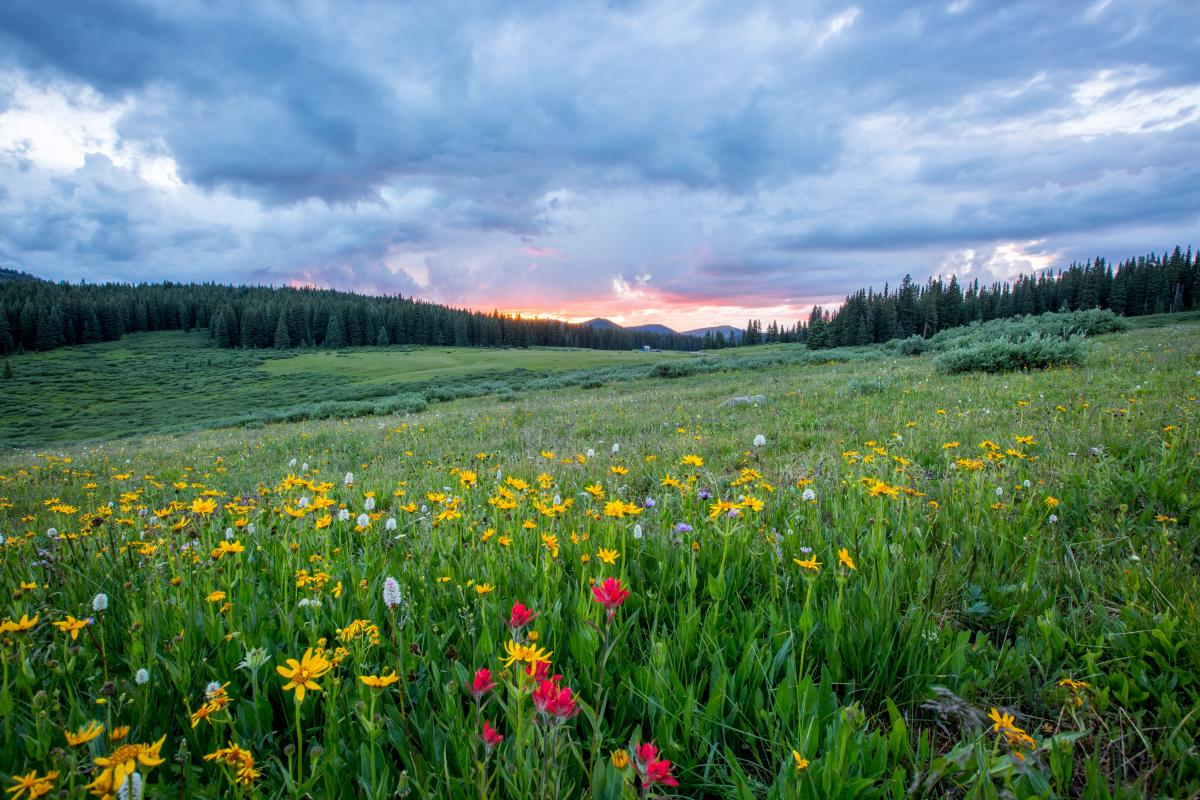
Early Bloomers: How Light Pollution Can Damage Seasonal Cycles
Light pollution and overnight lighting have had measurable impacts on fauna across the world, from sea turtle nesting to the migration patterns of birds. A new study from the United Kingdom has shed some light on how unnatural illumination is affecting the world’s plants as well.
In data gathered from 1999 to 2011, a number of tree species exposed to artificial lighting were found to bud five to seven days earlier than their counterparts not exposed to artificial lights.
We know light pollution is detrimental to the environment, by adding excess heat to the atmosphere, impacting local animal behavior, affecting our sleep patterns, and preventing approximately 99 percent of people living in the United States and Europe from seeing the Milky Way.
This new study suggests that light pollution may be affecting seasons, potentially causing spring to come nearly a week earlier. An earlier spring, even by a week, can throw growth patterns and bud dormancy of plants out of whack.
“The bottom line is that the ecosystem is being disrupted,” Cheryl Ann Bishop, communications director of the International Dark Sky Association said. “It’s not the natural order of things.”
The change in tree bud bursting will have an effect on other organisms whose life cycles are synchronized with their surrounding environment, such as insects and the birds that feed on them.
The findings of this study suggest a potentially detrimental snowball effect on ecosystems worldwide, but especially in regions where seasons are more pronounced. More research is needed to determine just how dramatically ecosystems are affected.
This information is especially important for local governments and city councils in charge of lighting levels. Reduction in lighting or moving to blue-light filtered bulbs can reduce the impact of lighting on local environments and free up the night sky to make stars more visible.
Check out our star-friendly products to learn how you can reduce light pollution in your area at https://www.cwenergyusa.com.